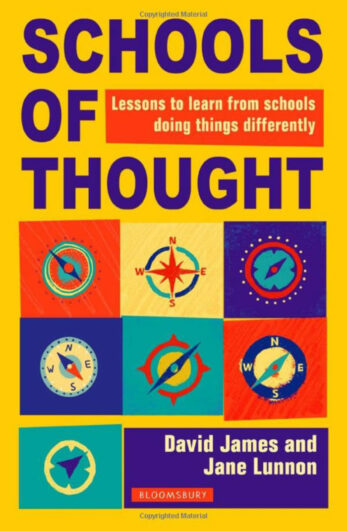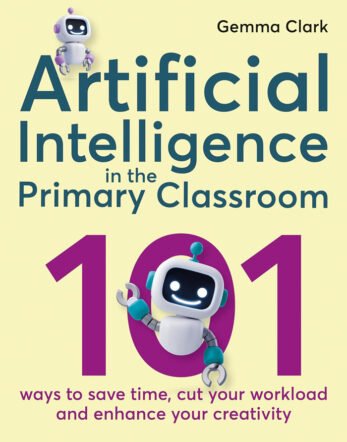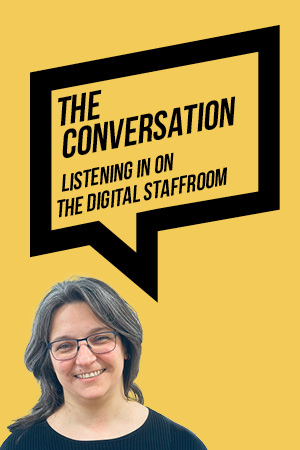Sonia Blandford shares powerful and concise insights into the questions surrounding social mobility in her new book
She immediately engages readers by outlining, then solving, the quandary of growing up working class but presenting as a middle-class adult, by insisting she will always be working class in her actions and deeds: “My moral compass was set at birth.”
Growing up as a working-class, disadvantaged, mixed-race foster child, my own disengagement from school was down to the feeling that education was a tribe I didn’t belong in.
School culture was middle class and presented as the norm but it seemed alien to me. One teacher made it quite clear that how I thought and felt were irrelevant, because my only chance of success was to change what I said and did to be more, well, middle class!
Sonia discusses this mismatch throughout her book and suggests teachers need more time to reflect on translating the curriculum, and their own values and beliefs, into a meaningful learning experience, which is important in creating an inclusive and accessible culture.
Whether facing a secondary history curriculum consisting mostly of work by dead white guys, or a primary literacy curriculum obsessed with the correct use of a semicolon, teachers need to be free to start by asking better questions. Those who begin with “what’s wanted and needed to engage these learners?” are onto a winner.
School culture was middle class and presented as the norm but it seemed alien to me
Small steps that schools can take include not castigating pupils who persistently arrive late but instead training reception staff to welcome and reassure them. Similarly, instead of wasting “precious lesson time” focusing on the things they don’t have – for example a pen – teachers should focus on what they have got: “time, in the classroom, with a teacher.”
Blandford eloquently outlines the need for middle-class teachers to switch from “rescuing to valuing” the people they are trying to help. She does this through the concept of “mutuality”, which is about valuing people and “allowing them to develop in their own way, where they are now, or where they want to be.”
Mutuality also includes “resisting the urge” to make the number of working-class children going into higher education our primary measure of social mobility. Blandford thinks government should “focus on what can make life better for everyone, rather than focusing on policies that aim to rescue the talented or the worthy from one sector of society and find them a place in another”.
I recommend that all educators and policymakers read her advice and act upon it
Valuing allows for personal growth in a way that rescuing doesn’t. The teachers who modelled that for me in school used questioning to allow me a window to a world that had seemed inaccessible.
By valuing and acknowledging me first, just as I was, they gave me what I lacked: the belief that I could access it. Education became more valuable when I was given autonomy to make choices rather than being told what the right way to think and feel was. Those teachers embedded the language and behaviour Sonia outlines as “I CAN, I DO, I HAVE, I AM”.
“I CAN” is an understanding that you can achieve. Facilitating “I DO” involves removing the barriers to learning in the classroom. “I HAVE” is understanding the knowledge you possess and finally, “I AM” is the “feel-good factor”, which will give them “a desire to engage with a future educational journey.”
Sonia’s insights into the challenges teachers face are highlighted by the culture of “calling out the fear” in our education system. She describes the teachers who are asked to do more with less, while living under the constant fear of judgement, feeling their only option is to complain and compete.
But what’s also true is that crisis brings an opportunity to recalibrate, and Sonia offers many practical solutions to this trap through creativity and collaboration. This is not only more conducive to the self-worth of teachers, it can also be less expensive. I recommend that all educators and policymakers read her advice and act upon it.








Your thoughts